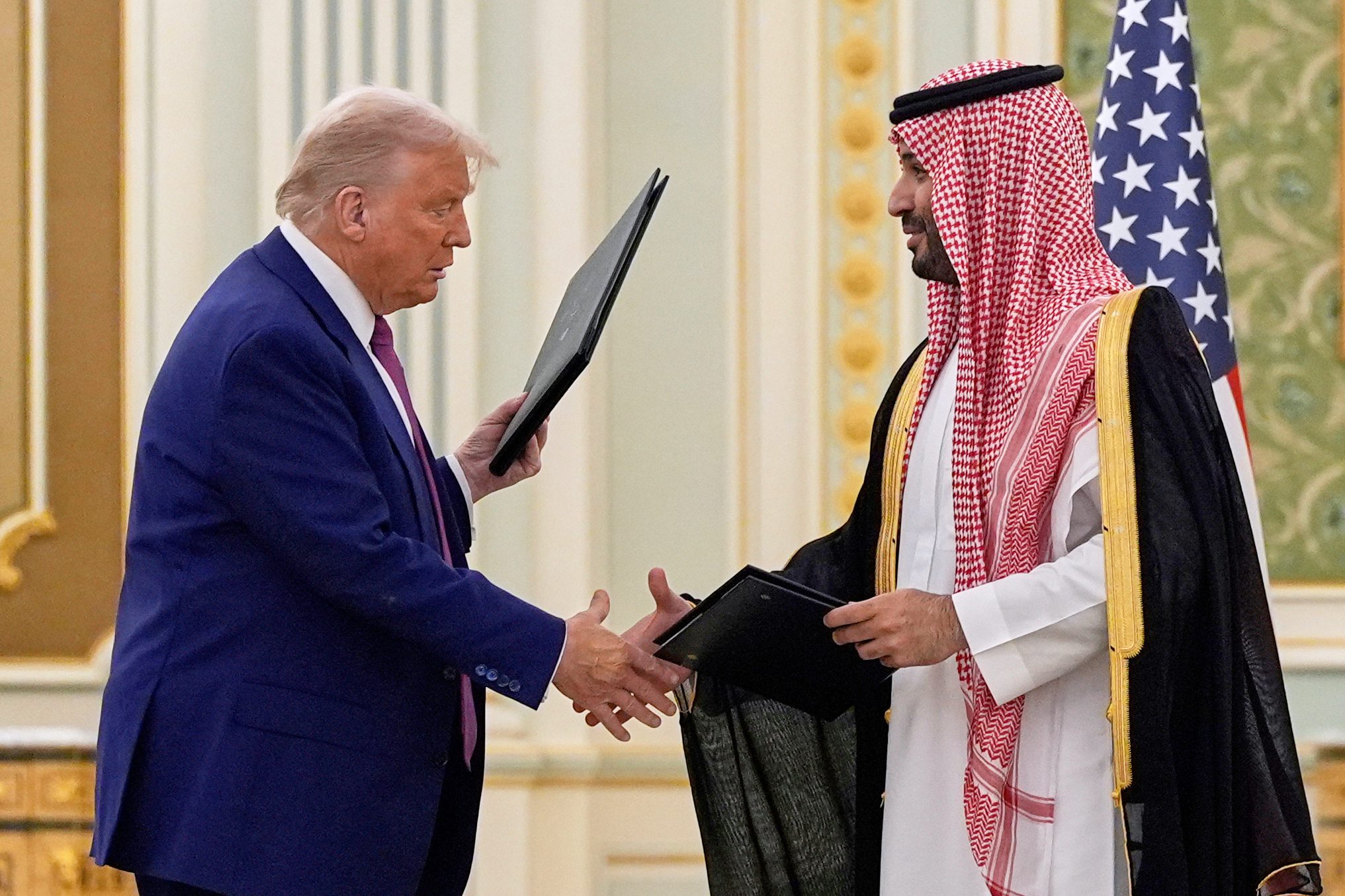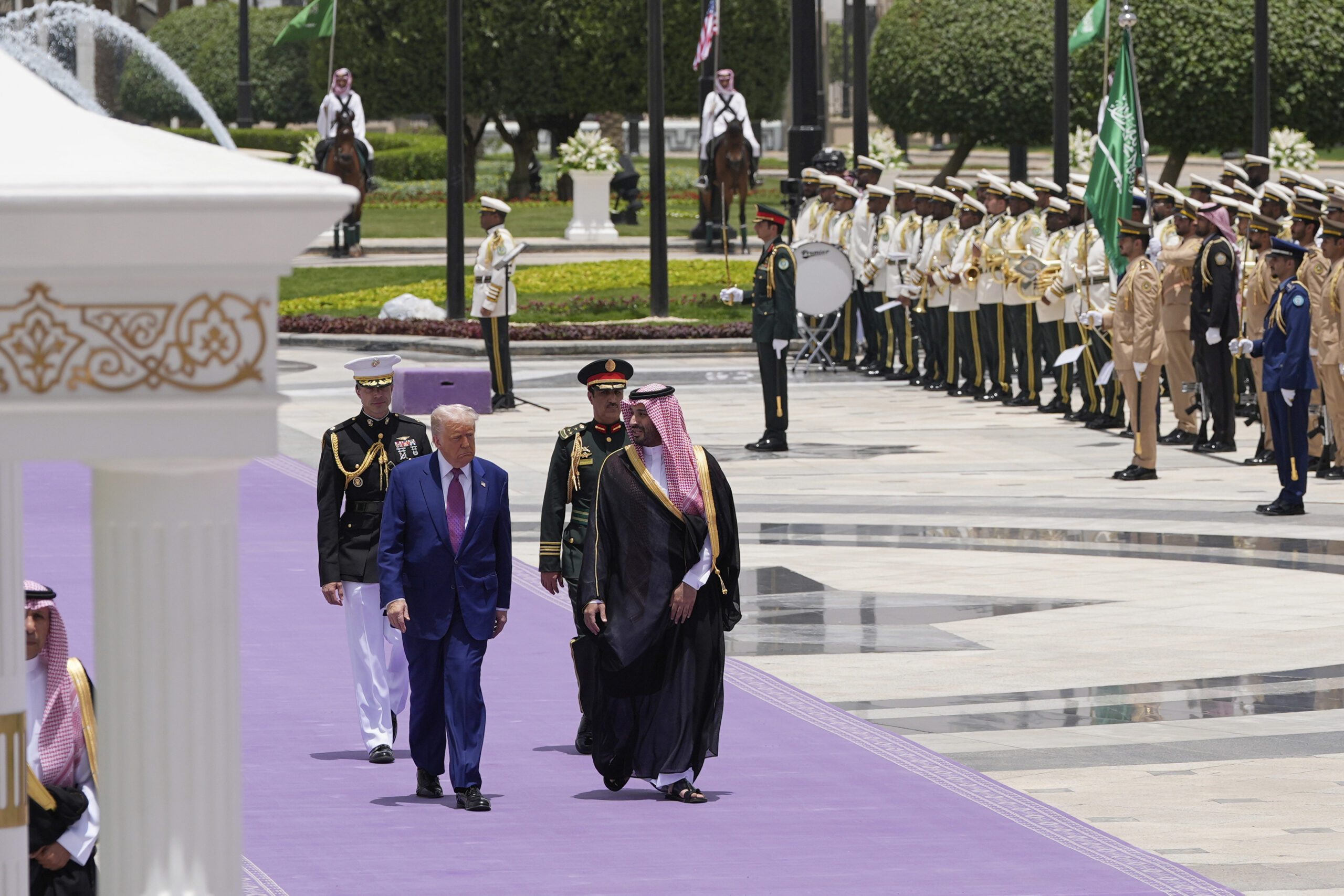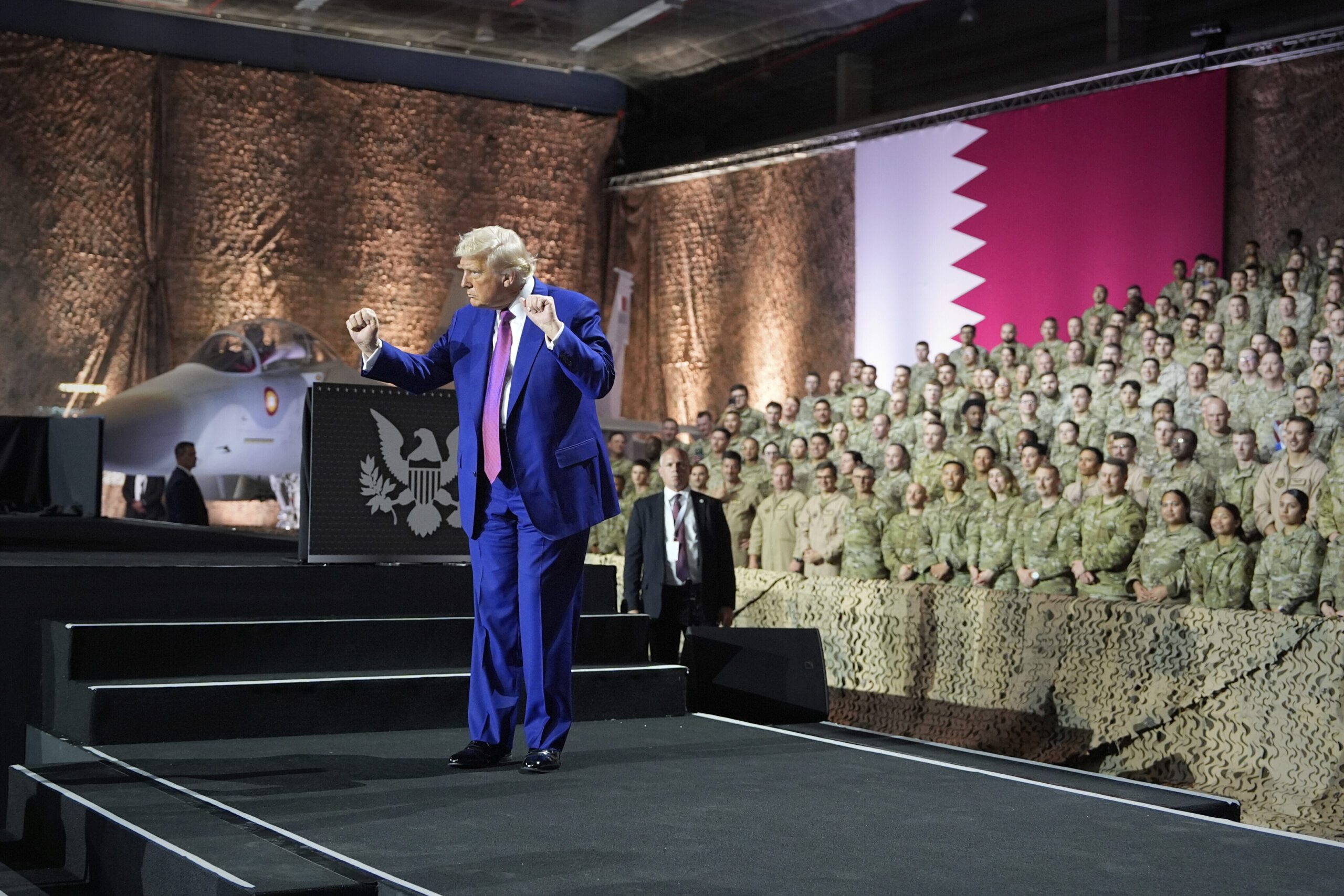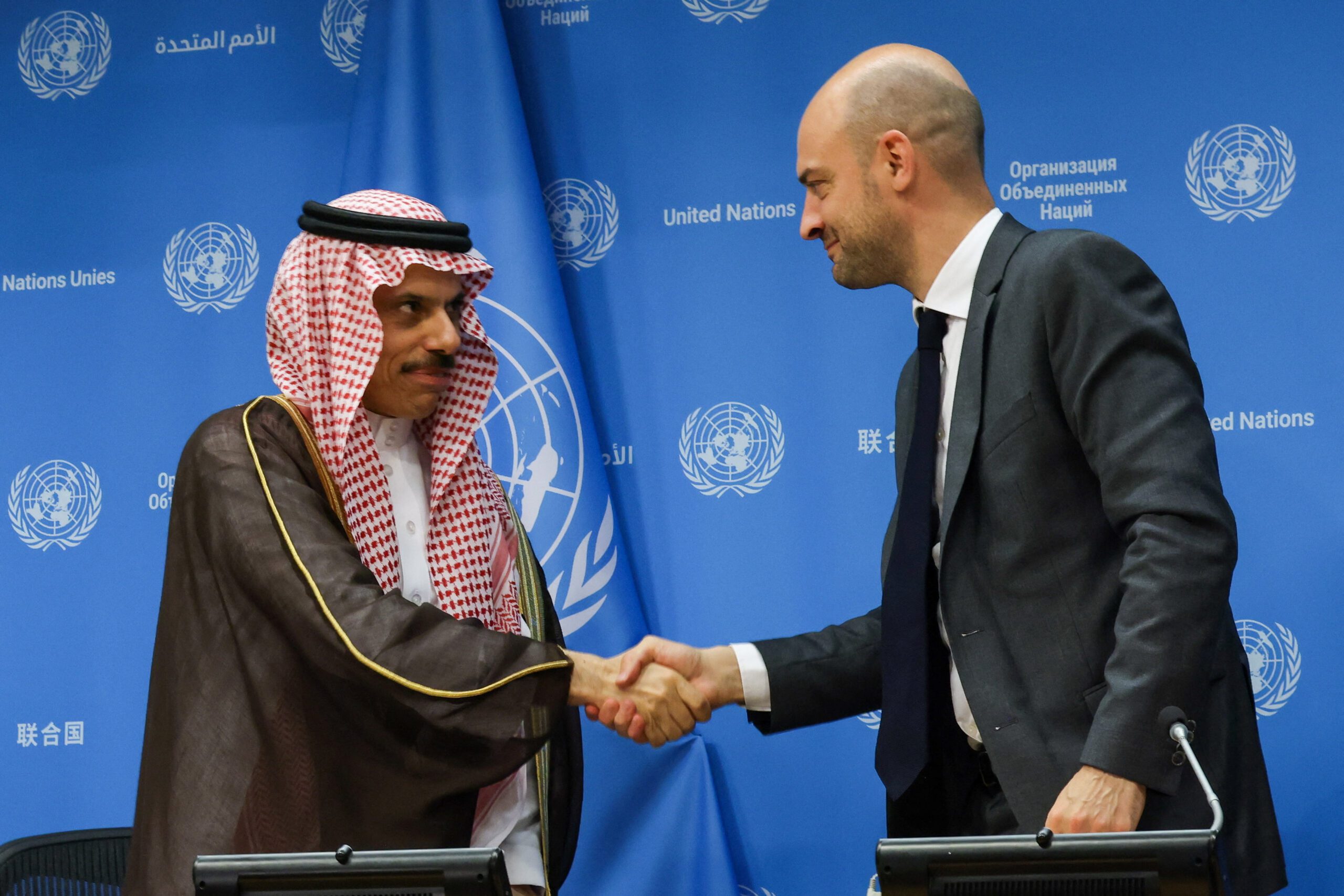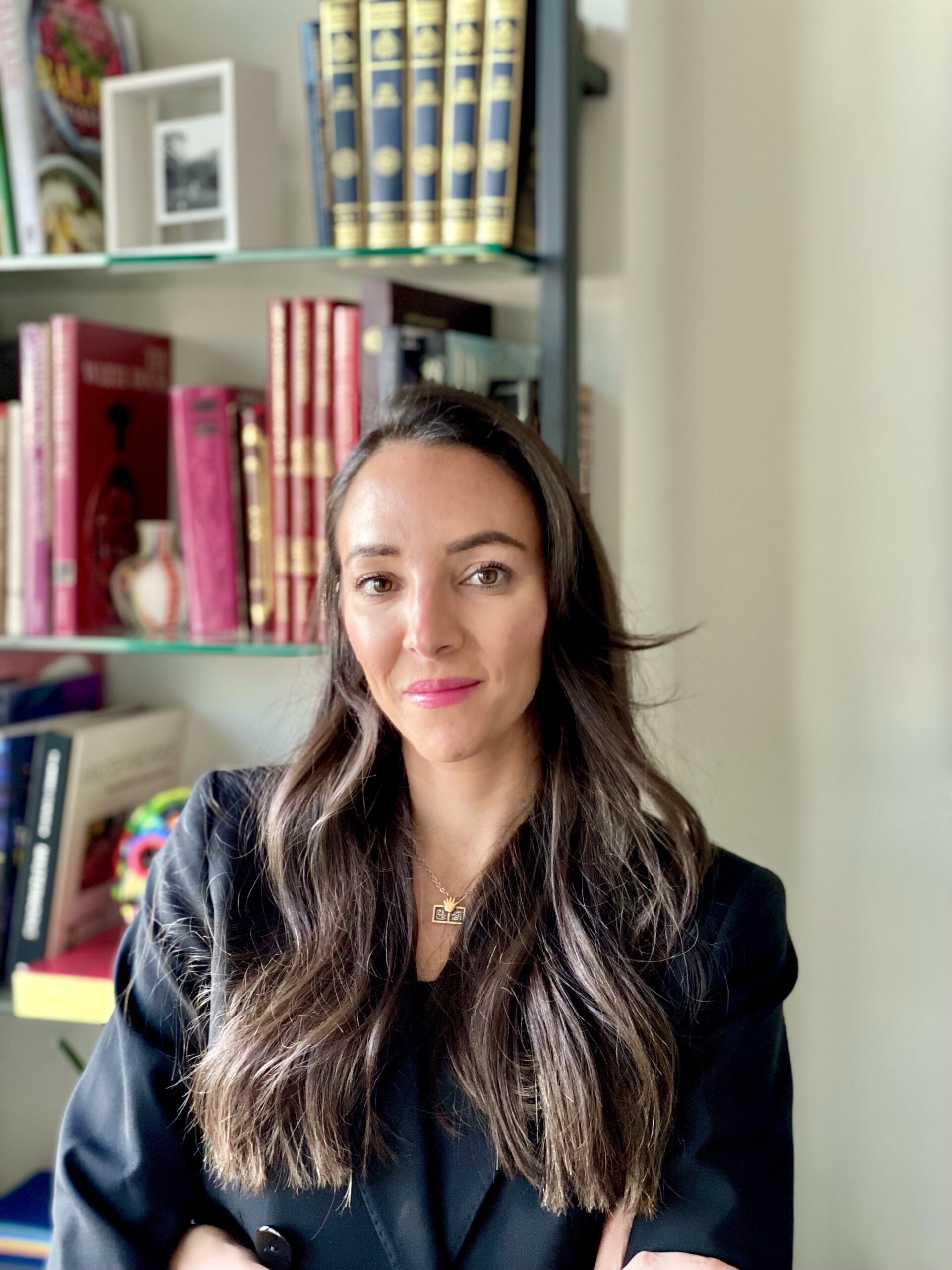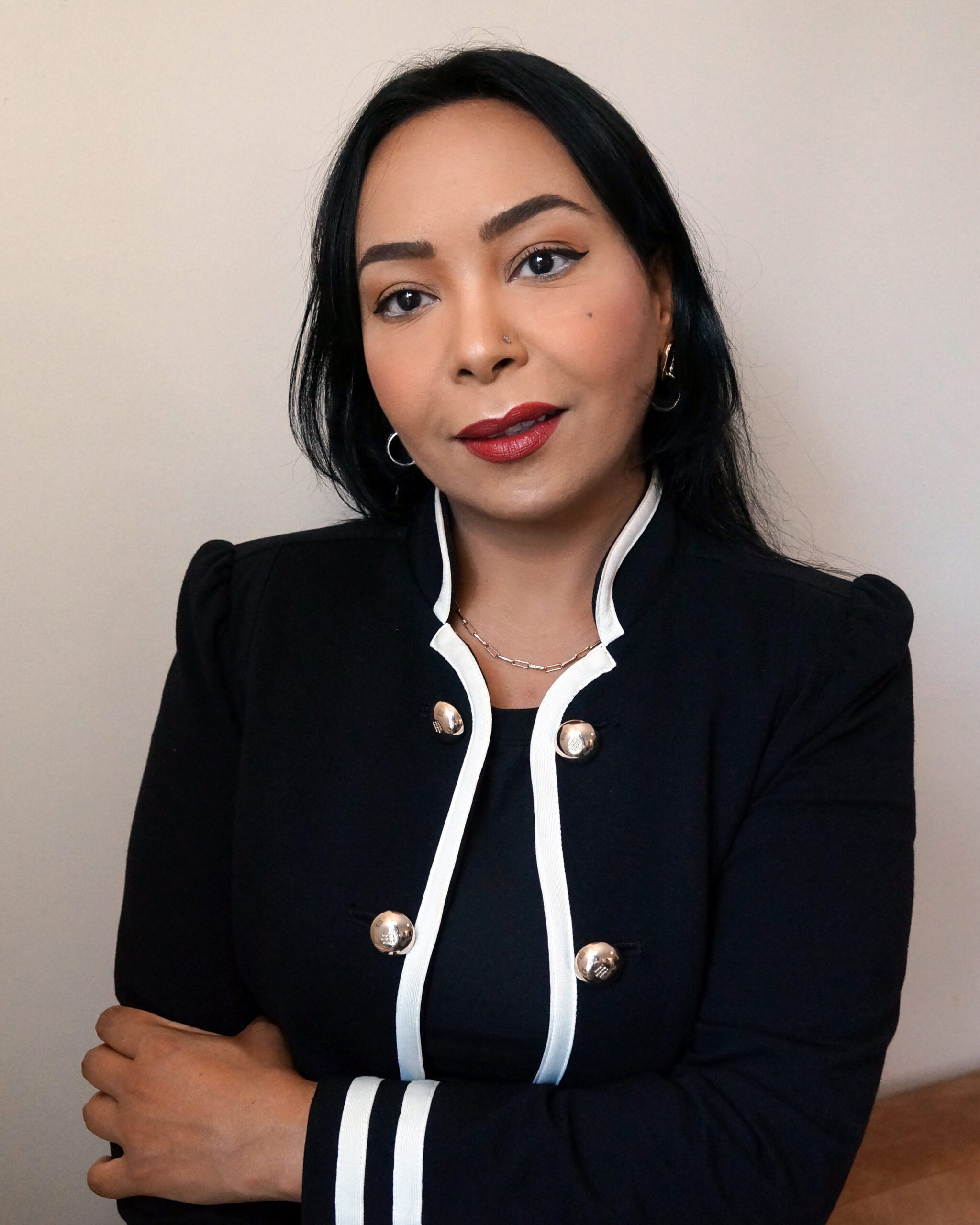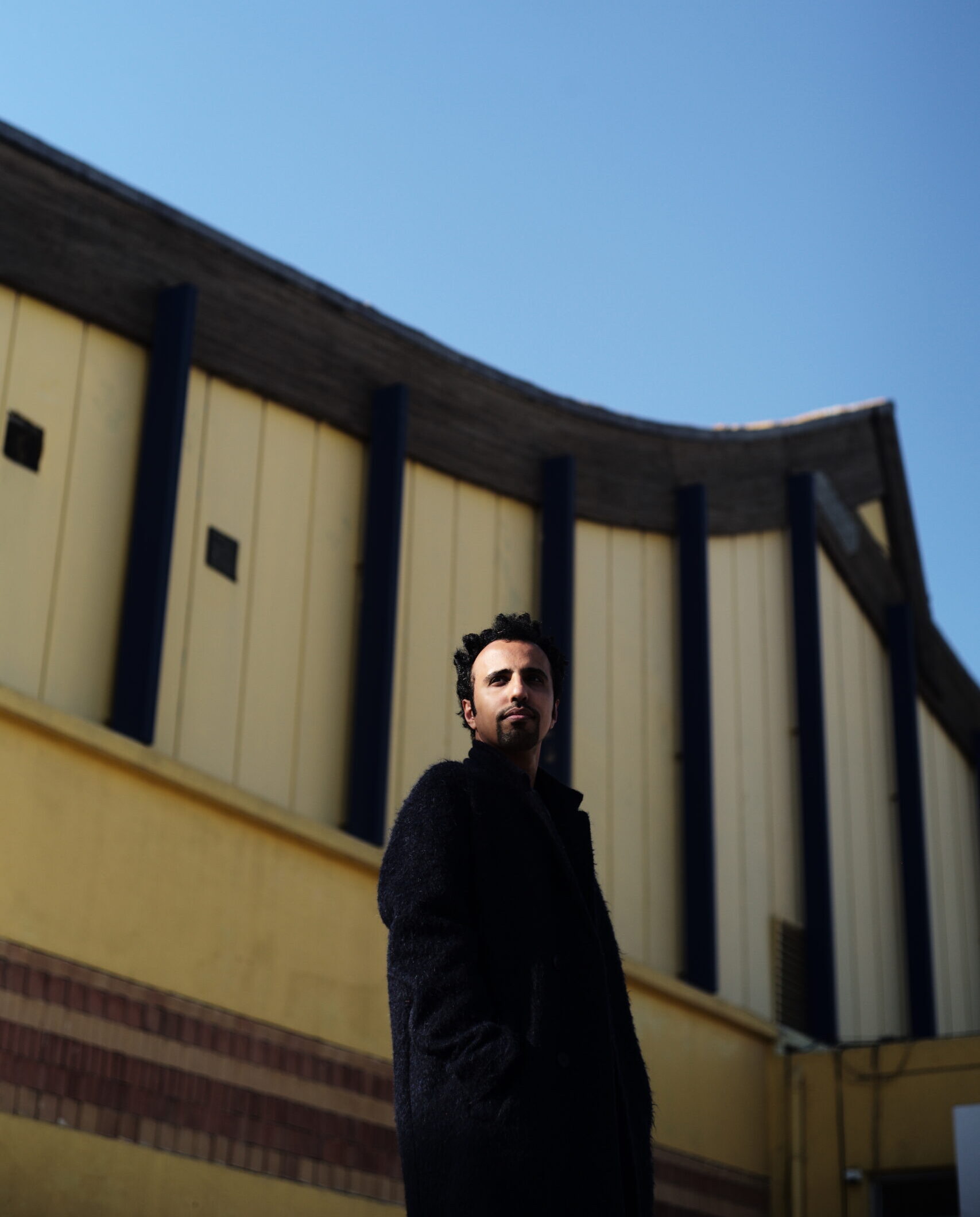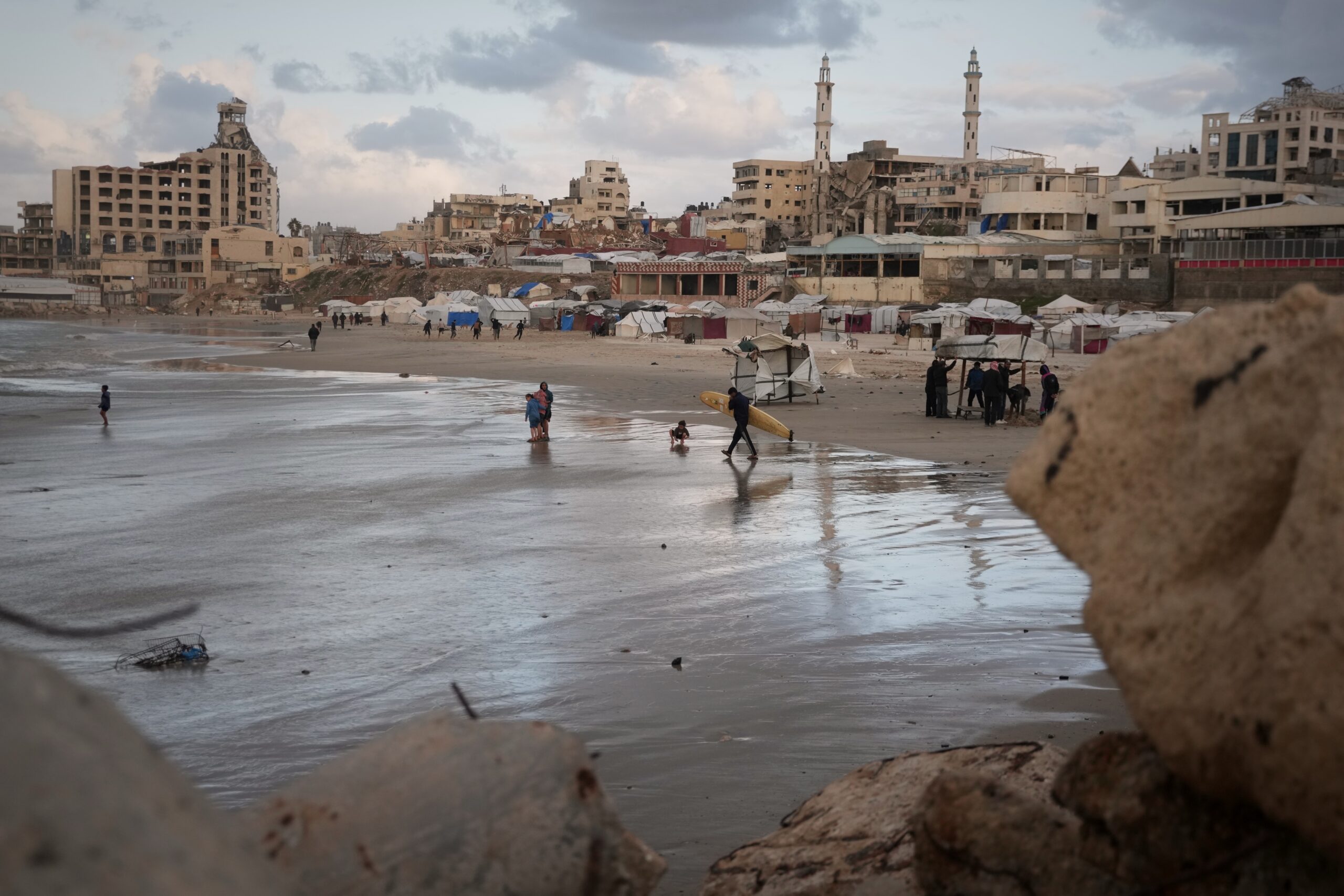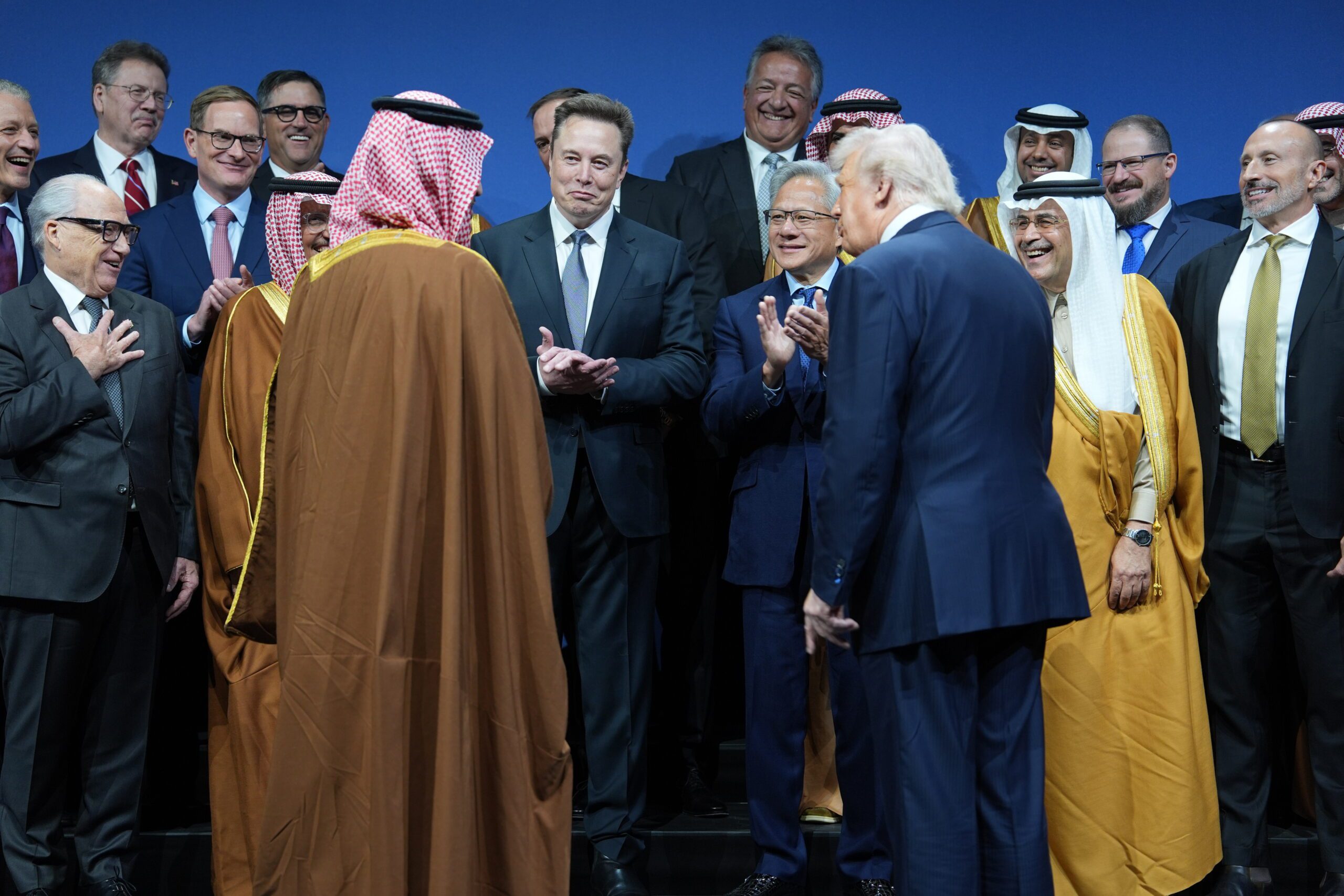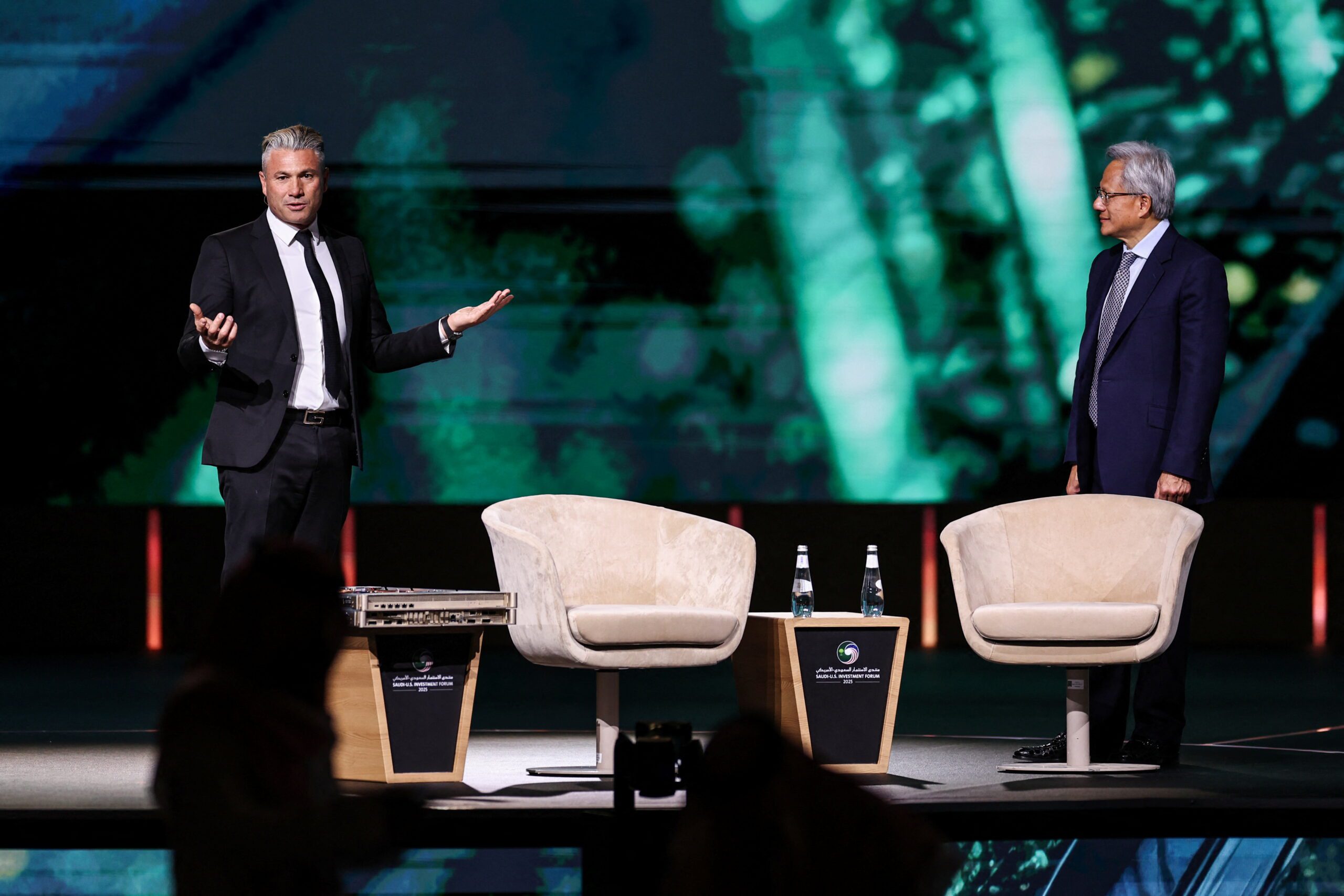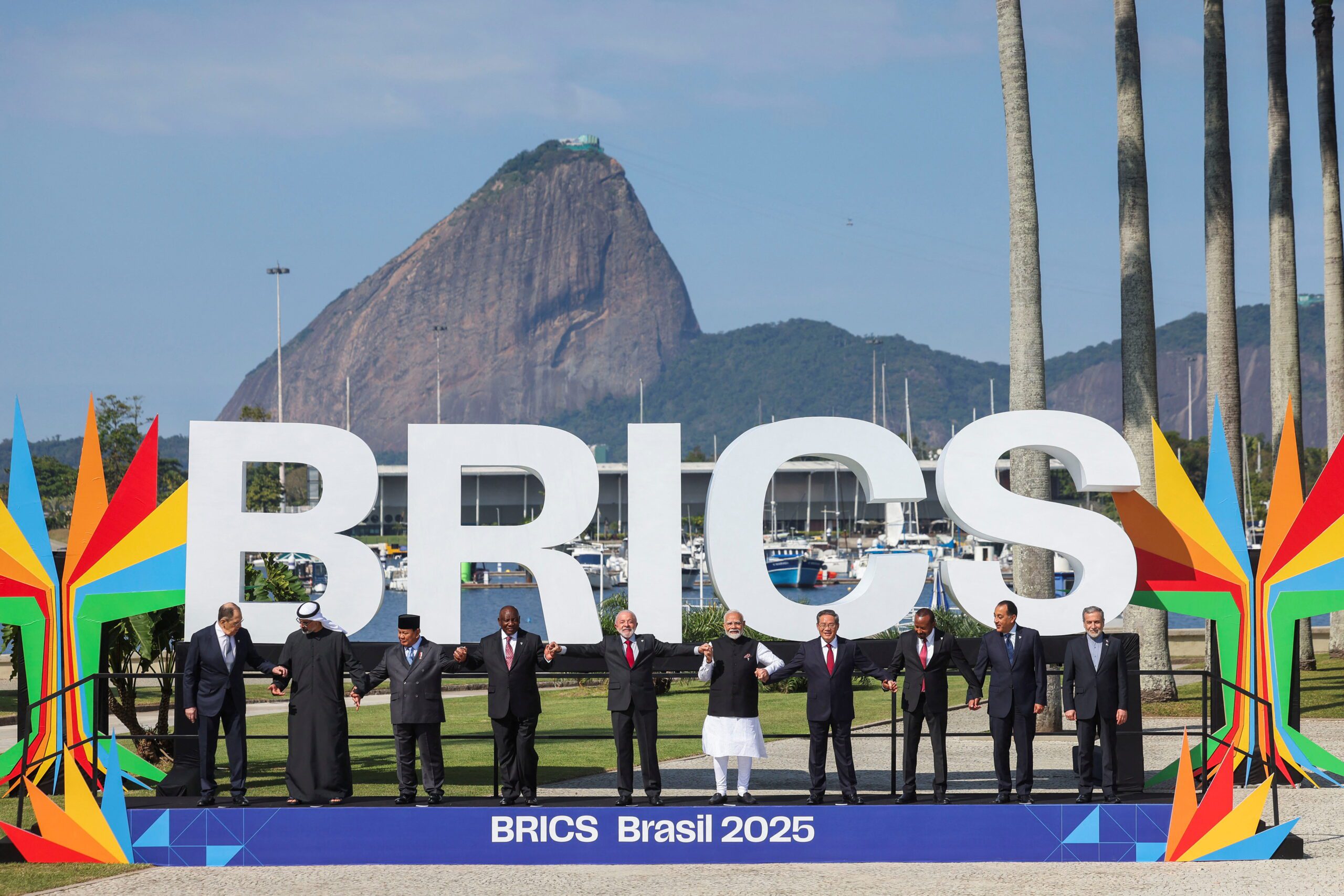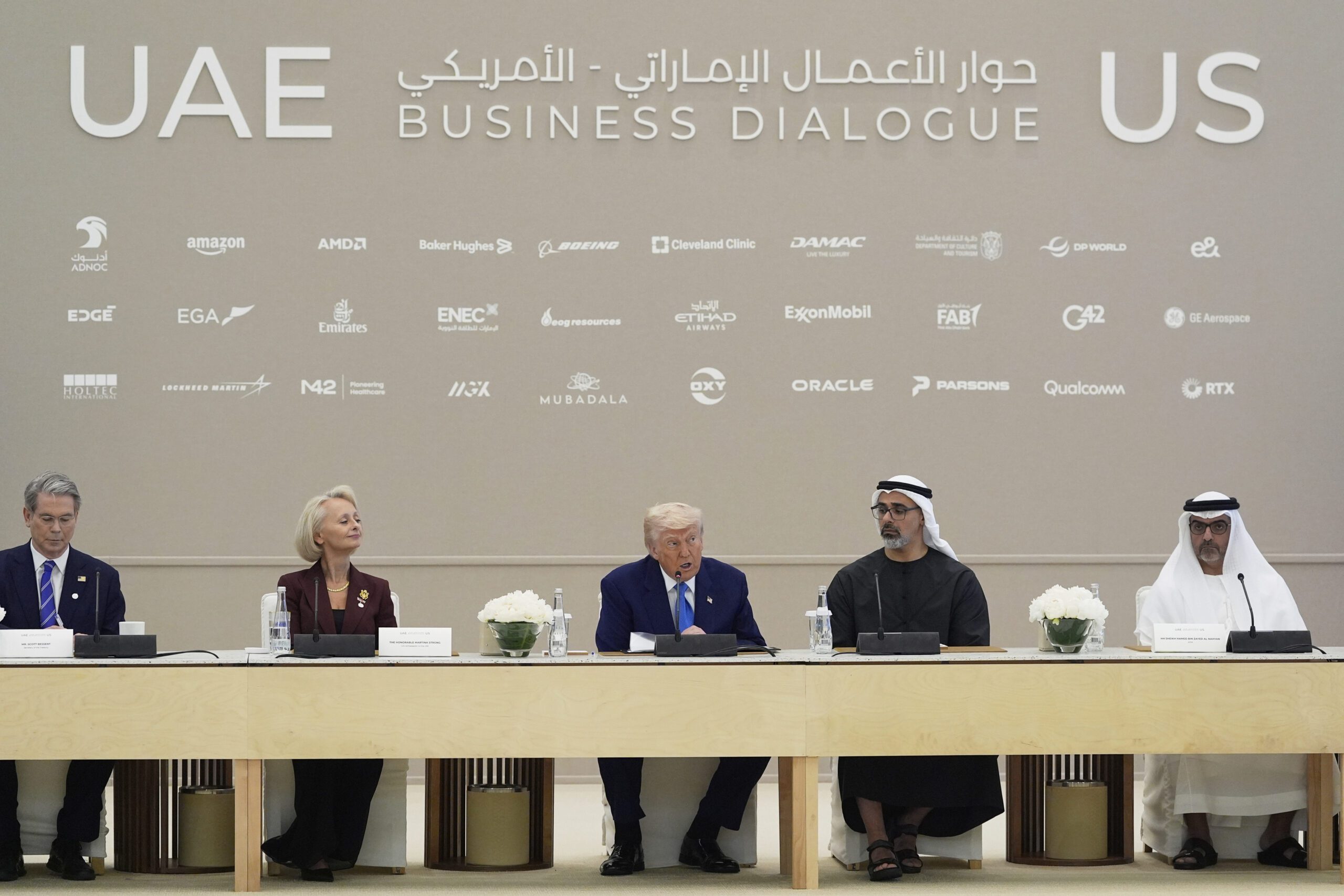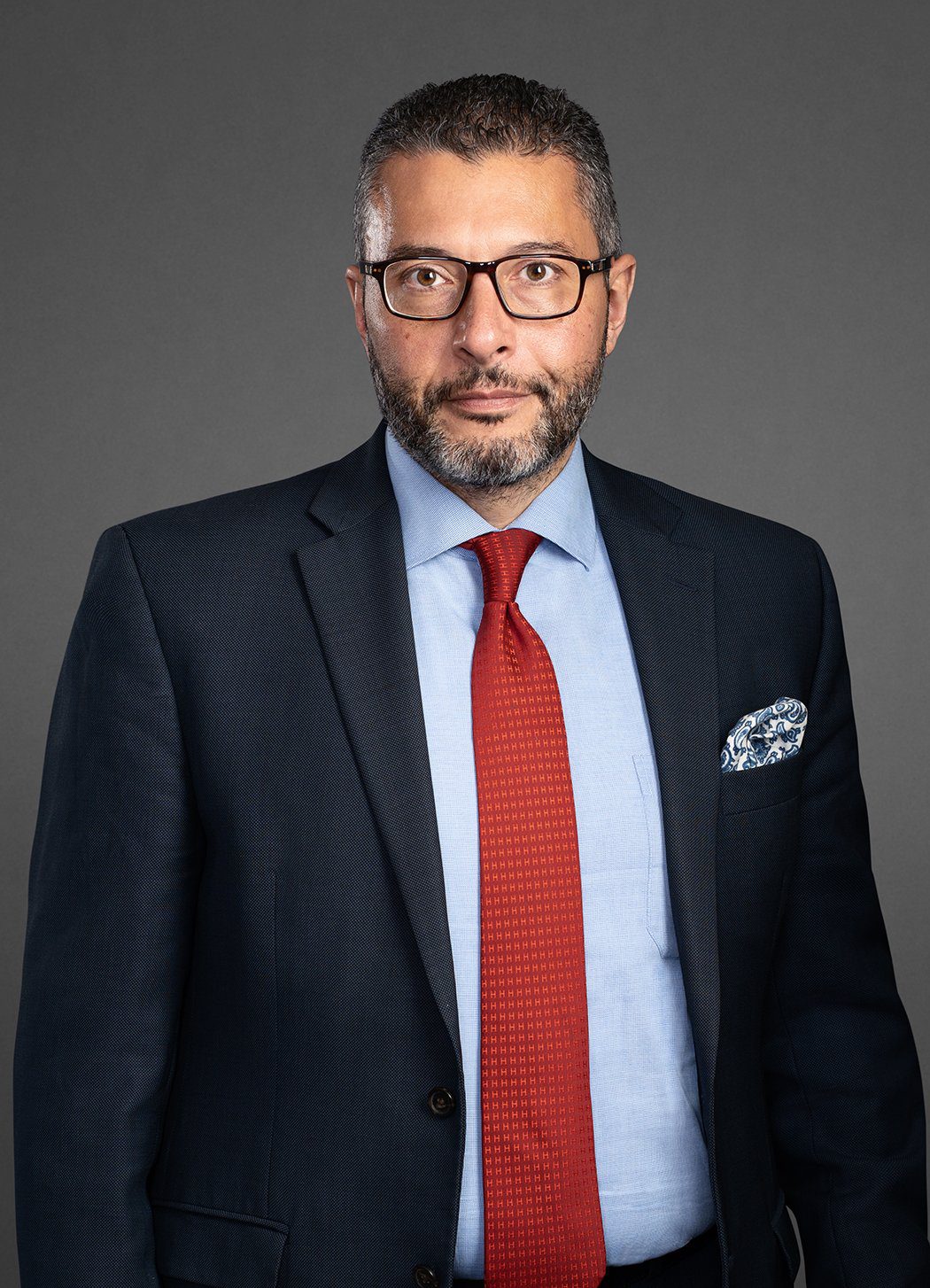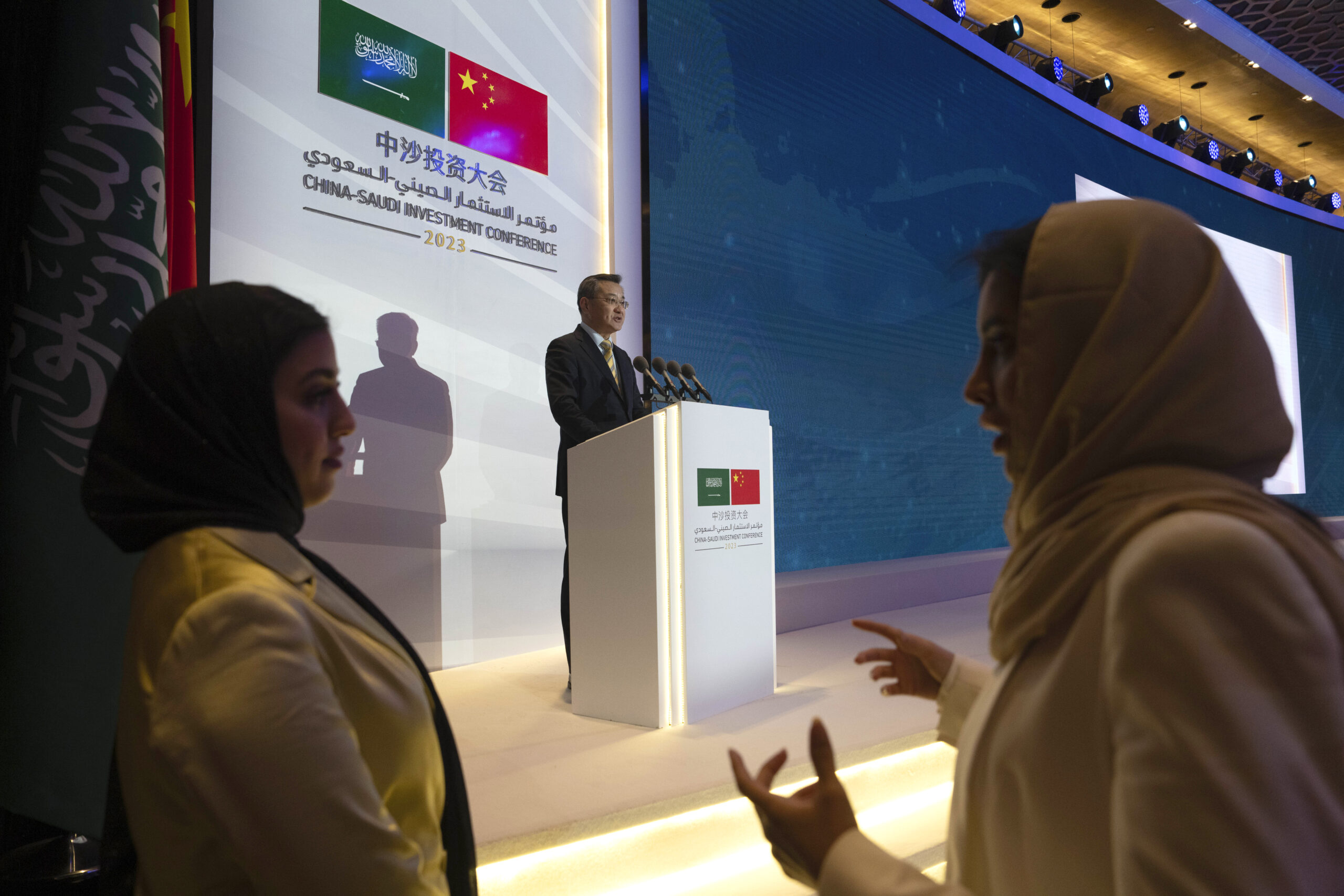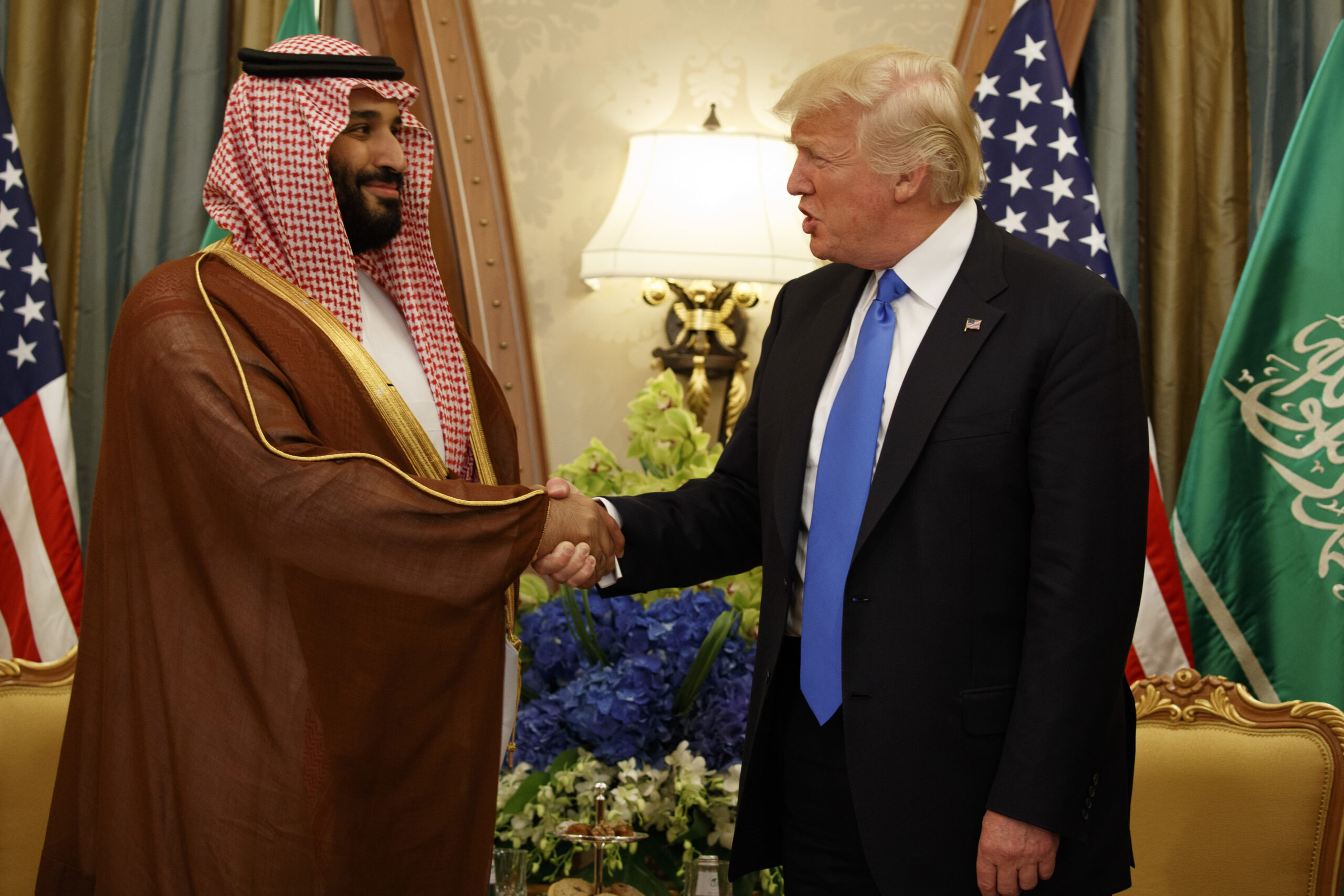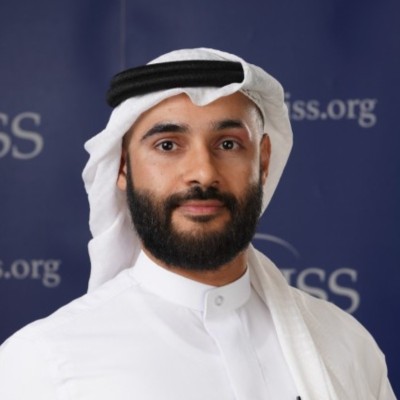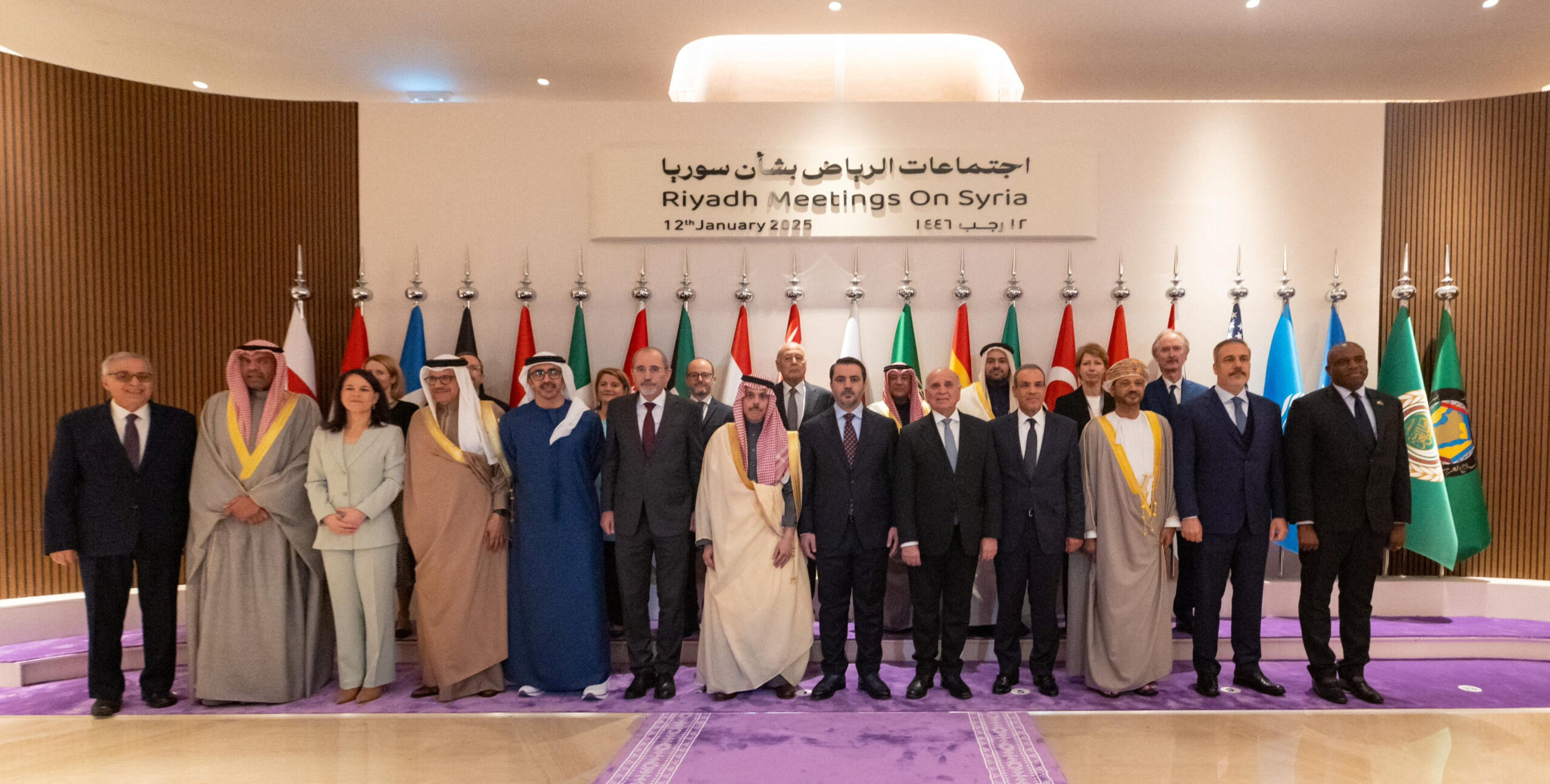Four Priorities for Mohammed bin Salman in Washington
When the Saudi crown prince meets President Trump in Washington, the main topics of discussion are likely to be commercial deals, a defense pact, a Saudi civilian nuclear program, and normalization with Israel.
10 min read

A Juggling Act for Commercial Deals
When Crown Prince Mohammed bin Salman arrives in Washington, both the Saudi delegation and White House will have commercial deals on their mind, but not for all the same reasons. Earlier in the year, the Saudi government made a $600-billion commitment to invest in the United States, though details were fuzzy. The subsequent announcement by the White House highlighted energy, mining (including critical minerals), defense, infrastructure, health, and technology as sectoral priorities for deeper economic ties. Artificial intelligence is likely to be a key locus of economic collaboration. Advanced AI chips from U.S. chipmakers are critical inputs for Saudi Arabia’s ambitious tech agenda and nascent tech companies, such as HUMAIN.
Saudi investors – including the Public Investment Fund, government-related entities, and private businesspeople – remain keenly interested in a broad range of U.S. assets and investment opportunities. Sports and gaming reflect another promising area of investment collaboration: The PIF helped lead a $55 billion buyout of Electronic Arts in September. These synergies will be useful for maintaining strong working relations with the administration of President Donald J. Trump. Yet the Saudi government ultimately seeks two-way investment flows that simultaneously support Saudi Arabia’s economy. The sovereign wealth fund, for example, has demonstrated a propensity for deploying capital into sectors and companies that not only present a high likelihood of return but also domestic dividends.
Mohammed bin Salman’s visit to Washington and the associated investment expectations come at a moment when smart spending is a top priority for Riyadh. While Saudi Arabia has been able to hike its oil production levels over recent months, lower oil prices nevertheless impose some fiscal constraints on the ambitious and expensive economic and social transformation. Saudi Arabia’s third-quarter deficit widened to $23.6 billion, marking a 160% increase over the previous quarter. Short-term oil price forecasts suggest spending recalibrations will be necessary for the foreseeable future.
There are also growing economic needs across the wider Middle East: Egypt, Syria, Lebanon, and Gaza are looking toward the Gulf countries, especially Saudi Arabia, for economic support. Riyadh would like to translate calls for support into compelling investment opportunities, but the price of facilitating a stabler region may not necessarily entail a substantial, direct return on investment. And other developed and emerging economies lie on Saudi Arabia’s international investment horizon. Following Trump’s May trip to the Gulf, the PIF opened a subsidiary company office in Paris. The U.S. economy remains a top destination for Saudi investments, but Saudi and U.S. officials will need to figure out how a juggling act involving deals valued at hundreds of billions of dollars can work for both governments and their key audiences.
Redefining the U.S. Security Role
Saudi Arabia has long sought a formula for clarifying the regional security role of the large-scale U.S. military facilities in the Gulf region, especially the significant air base in Qatar and naval headquarters in Bahrain. Saudi Arabia and other Gulf countries have lost any reliable metric for predicting when and if the extensive U.S. force posture in their region will be used to augment their defense and respond to attacks against them. The 1980 Carter Doctrine technically remains in effect, but it addresses 20th century security nightmares, best exemplified by the Iraqi invasion of Kuwait, rather than 21st century nightmares that involve sudden and deniable attacks (potentially by unknown actors), drone strikes, missile attacks, piracy and sabotage at sea, terrorism, and hostile actions by nonstate militia groups. A number of key inflection points have underlined doubts by Saudi Arabia and its Gulf Arab allies about the reliability of U.S. security guarantees, particularly the attacks on Saudi Aramco facilities in September 2019, the deadly drone attacks in Abu Dhabi in January 2022, and, most recently, Israel’s September airstrike in Qatar that targeted Hamas negotiators in a civilian building in Doha.
Saudi Arabia and the administration of former President Joseph R. Biden Jr. reportedly came close to finalizing the text of a new mutual defense agreement based on the U.S. treaty with Japan from the early 1950s, augmented by a new strategic alignment understanding. Both were aspirationally linked to Saudi Arabia’s normalization of ties with Israel, which would, in turn, facilitate Senate ratification of such an agreement.
Unfortunately, those negotiations were derailed by the Gaza war following the October 7, 2023 Hamas-led attack on southern Israel. Both Saudi Arabia and the administration of Donald J. Trump have sought to revive the conversation, but Saudi Arabia now requires Israel to take clear and irreversible steps toward Palestinian statehood, while the Israeli consensus against any moves toward Palestinian independence has become much stronger and more broad based. There is, therefore, seemingly little room to maneuver toward a formalized, Senate-ratified treaty or set of treaties, addressing Saudi concerns about U.S. military and security guarantees. However, there does appear to be significant political and diplomatic space for a new understanding based on an executive order as was provided to Qatar following Israel’s September 9 airstrike in Doha. Trump’s September 29 executive order “Assuring the Security of the State of Qatar,” holds that “any armed attack” against Qatar will be regarded “as a threat to the peace and security of the United States.” It continues, “In the event of such an attack, the United States shall take all lawful and appropriate measures – including diplomatic, economic and, if necessary, military to defend the interests of the United States and of the State of Qatar and to restore peace and stability.”
From the Saudi perspective, such assurances seem helpful and warranted, even though they would not be anchored in Senate ratification and would exist only in the form of a relatively fragile executive order. But Saudis can see no reason why their country would not be as deserving of such reassurances as Qatar, and, since September 29, they have been exploring ways to ensure that this level of reassurance be extended to themselves.
There appears to be a strong possibility that one of the key deliverables from the visit of Saudi Crown Prince Mohammed bin Salman to Washington will be such an executive order that provides analogous or comparable levels of security commitment to Saudi Arabia. The two countries would then seek to build on this executive order, looking for opportunities to secure Saudi normalization with Israel, assuming there remains no plausible alternative route to Senate ratification of a full new mutual defense treaty.
Not the Time for Israel Normalization
When Saudi Crown Prince Mohammed bin Salman meets with President Donald J. Trump in the Oval Office on November 18, there is one question that is sure to be raised by the U.S. president: Will Saudi Arabia join the Abraham Accords and normalize relations with Israel? He is unlikely to get an affirmative answer.
Under President Joseph R. Biden Jr., the Saudi leadership had been contemplating warming ties with Israel in exchange for security guarantees from the United States. Its approach to Israel changed substantially with the Gaza war. With the refusal of the government of Israeli Prime Minister Benjamin Netanyahu to countenance a pathway toward Palestinian independence hardening post October 7, 2023, Saudi Arabia pivoted toward creating an international coalition among Islamic states and Europe to immediately recognize a Palestinian state and take practical steps toward its realization. Negotiations for a U.S.-Saudi security agreement now advance on their own terms.
Trump and Mohammed bin Salman will likely discuss the situation in Gaza, but this will be in the context of the 20-point Trump peace plan. Advancing that complex agreement now involves a wide collection of stakeholders, including Qatar and Turkey as Hamas guarantors and Egypt as broker with the United Arab Emirates, Jordan, and multiple Islamic countries contemplating a role in a temporary international stabilization force. The United Nations will have to provide a legal framework for such a force’s entry. These are not things that Saudi Arabia can deliver alone.
Saudi Arabia has played a valuable role in assembling a broad international coalition keeping the Palestinian state as an endgame, notably through the U.N.-sponsored New York Declaration. Keeping this alive under both the Trump peace plan and the New York declaration now requires advancing two formidable tasks: the disarmament of Hamas and the reform of the Palestinian Authority in preparation for a role in Gaza. The time for Saudi Arabia to offer its carrot of diplomatic ties to Israel may yet come but not today.
Mining for a Nuclear Energy Deal
For several years, Washington and Riyadh have been seeking a formalized arrangement for U.S. nuclear technology transfer that would assist Saudi Arabia in developing a new civilian nuclear energy program. Under the administration of President Joseph R. Biden Jr., this agenda was largely bundled together with the potential new mutual defense and strategic alignment agreements, with Saudi Arabia also undertaking to normalize relations with Israel to win approval for a treaty in the Senate. As with the other agreements, nuclear negotiations were upended by the war in Gaza, with talks suspended for months. During the second administration of President Donald J. Trump, these discussions have also been revived.
The complexity of these negotiations centers around the ever-vexed question of enrichment. Saudi Arabia maintains – although with increasing outside skepticism – that it possesses large amounts of domestic uranium that it could mine and then refine into yellowcake. Saudi Arabia would use that primarily as fuel for domestic energy consumption, which is now driven almost entirely by burning gas and oil that could be, according to Saudi officials, more productively sold overseas. In theory, Saudi Arabia could increasingly rely on energy produced by its own uranium deposits and reserve its oil and gas for sales, bolstering the Saudi economy. Traditionally, the United States requires nuclear energy partners to submit to a 123 nuclear cooperation agreement, which the Saudis regard as incompatible with the economic logic of their proposed domestic nuclear energy program. U.S. Energy Secretary Chris Wright has spoken positively about the potential for an alternative agreement, which would also be independent of Saudi normalization with Israel. It would ensure U.S. oversight of the Saudi nuclear program, particularly considering repeated statements by Saudi officials that the kingdom might seek an independent nuclear deterrent if Iran develops nuclear weapons, and secure lucrative contracts for U.S. firms as opposed to those from Russia, China, South Korea, or elsewhere. Given the mercantile attitude of the Trump administration, and the likely cooperation of Republicans in Congress, such a deal is entirely plausible during the coming Saudi visit to Washington.
The views represented herein are the author's or speaker's own and do not necessarily reflect the views of AGSI, its staff, or its board of directors.





